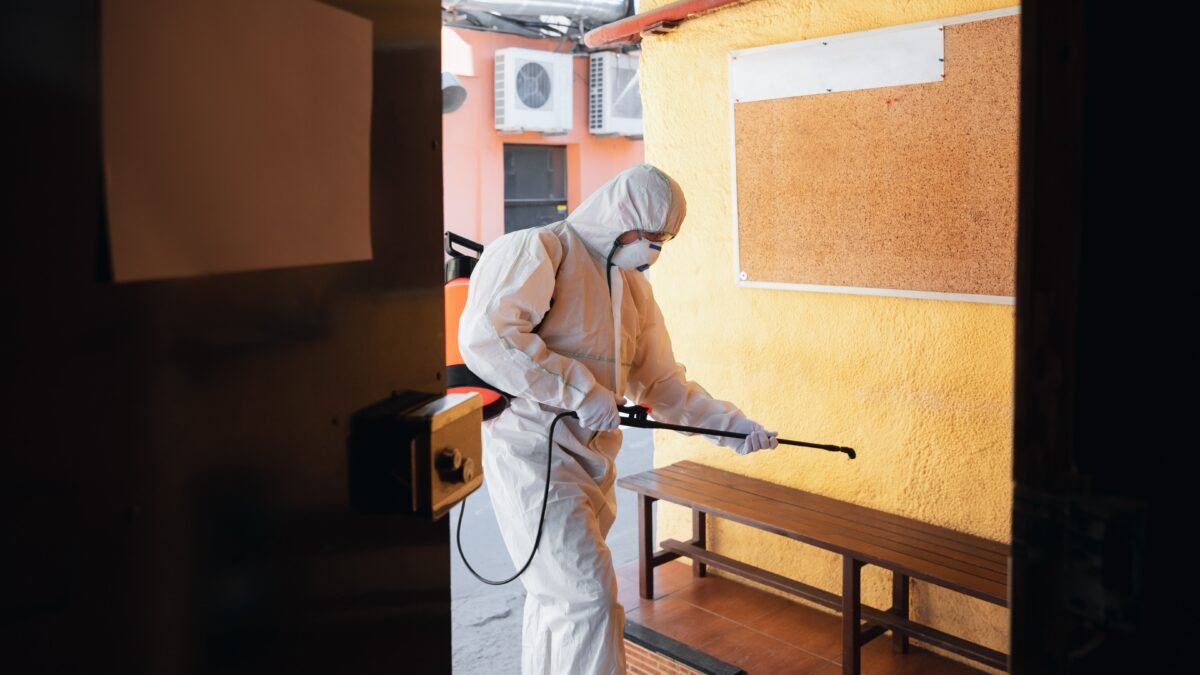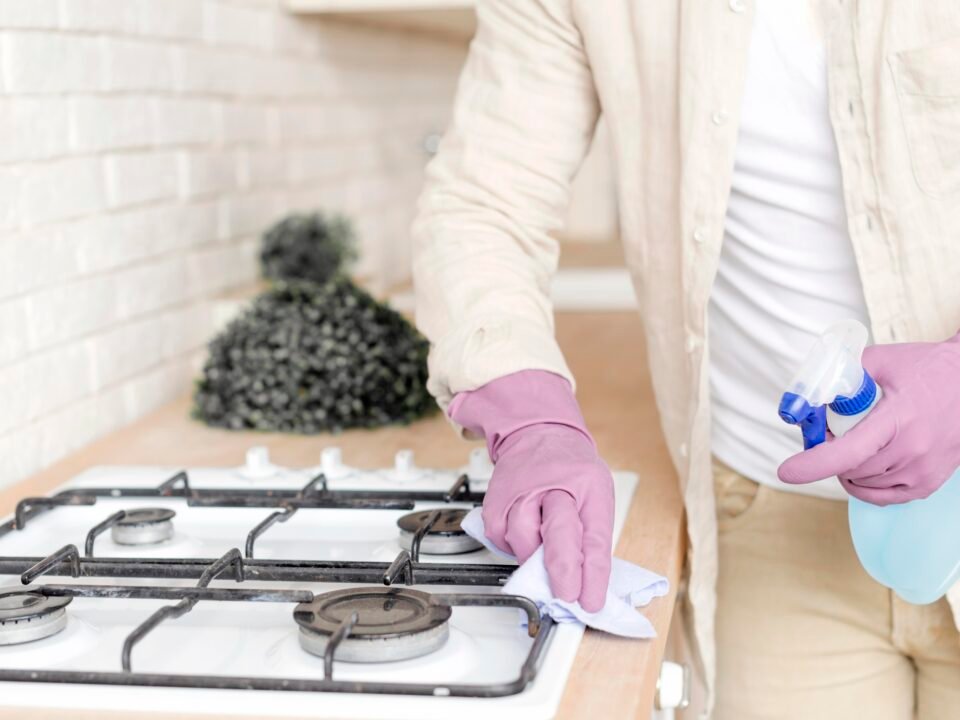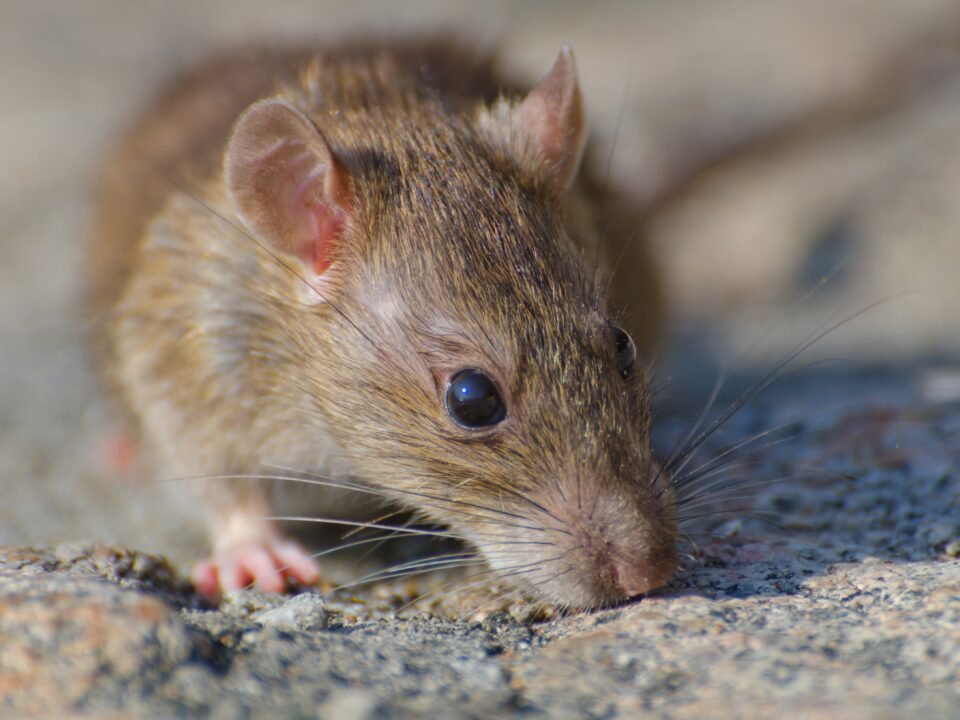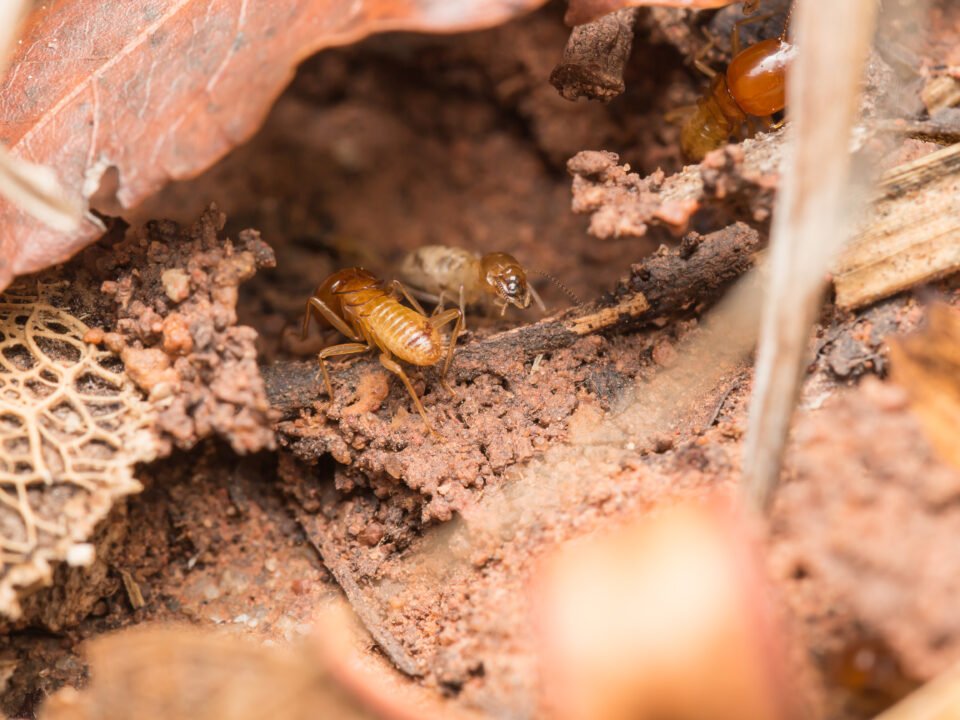Understanding Pest Control: Keep Your Home & Garden Pest Free

How to Spot the Signs of a Termite Infestation in Your Home
April 5, 2024
Cockroach Control: Kick Those Kitchen Critters Out!
May 13, 2024Sharing our living spaces with unwanted guests like rodents, insects, and other creatures can be a real nuisance. These pests can damage our property, spread diseases, and disrupt our peace of mind. This is where pest control comes in!
What Exactly is a Pest?
A pest is any living organism that hurts human activities or the environment. This can include:
- Insects: Ants, cockroaches, mosquitoes, termites, flies, etc.
- Rodents: Rats, mice, squirrels
- Birds: Pigeons, starlings
- Wildlife: Raccoons, skunks
- Weeds: Unwanted plants that grow in unwanted places
The specific type of pest will determine the approach needed for control.
Why Do We Need Pest Control?
There are several reasons why pest control is important:
- Protects our health: Many pests can carry diseases that can be harmful to humans and pets.
- Prevents property damage: Rodents can chew through wires and walls, while termites can destroy wooden structures.
- Maintains a comfortable living environment: No one enjoys sharing their home with unwanted critters!
- Protects crops and gardens: Pests can damage crops and reduce yields for farmers and gardeners.
Different Methods of Pest Control
There are various methods used in pest control, depending on the specific pest and situation. Here are some common approaches:
- Physical methods: Traps, barriers, and exclusion techniques can prevent pests from entering or establishing themselves in a location.
- Chemical methods: Insecticides, rodenticides, and herbicides are used to kill pests directly. However, it’s important to use these products carefully to minimize risks to humans, pets, and the environment.
- Biological methods: This involves using natural predators or parasites of the pest to control their population.
- Cultural methods: Practices like proper sanitation, waste management, and maintaining a clean environment can make your property less attractive to pests.
Choosing the Right Pest Control Method
The best method of pest control will depend on the specific situation. Here are some factors to consider:
- Type of pest: Different pests require different control methods.
- The severity of the infestation: A small problem may be addressed with a simple approach, while a large infestation might require a more comprehensive strategy.
- Safety considerations: Choose methods that minimize risks to humans, pets, and the environment.
- Personal preferences: Some people prefer eco-friendly methods, while others prioritize a fast-acting solution.
Conclusion
Pest control is crucial in protecting our health, property, and quality of life. By understanding pest control methods, and factors to consider, you can make informed decisions to keep your home and environment pest-free.




